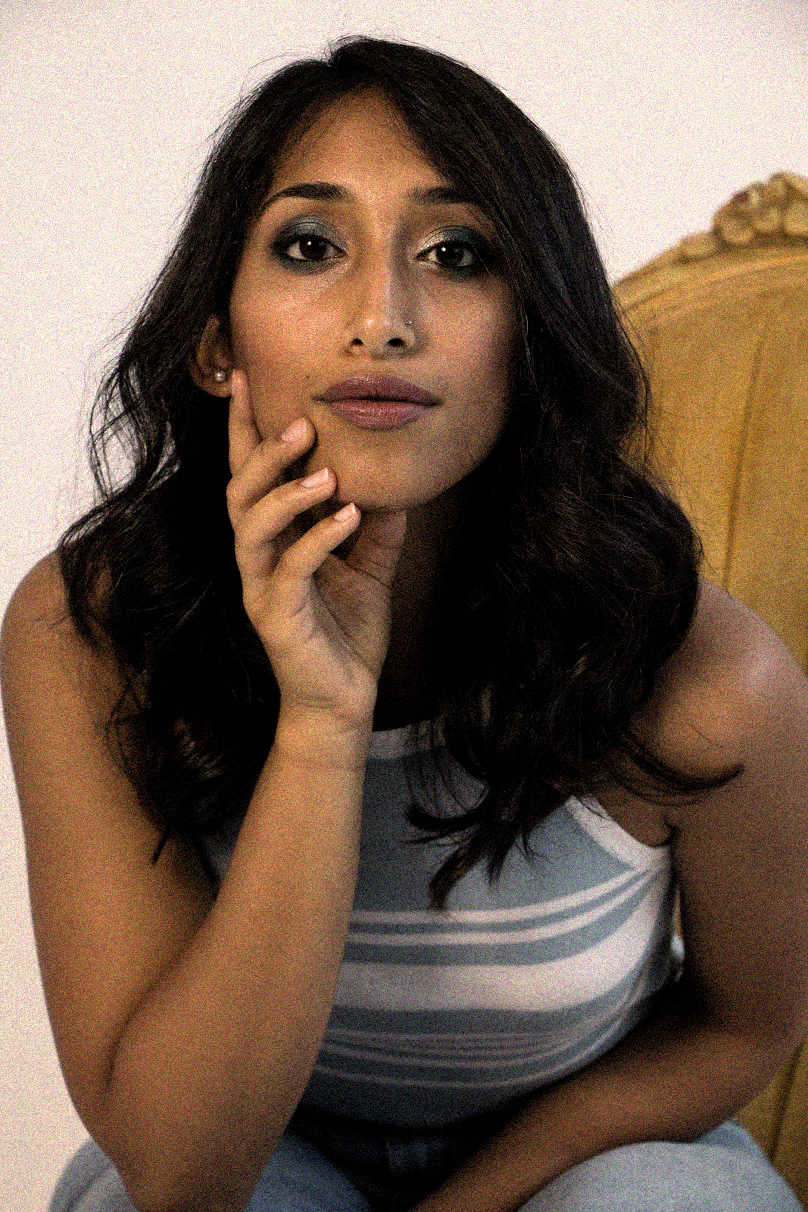A Moment In the '70's

I’m back with another post on the decades! Bootleg pants, Stayin’ Alive, Bohemian style and Denim - this one’s inspired by the recent conceptions of the ‘70’s in fashion. I’ve framed the bit on fashion through a political and film lens.
The American ‘70’s had important historic events such as the Watergate Scandal and the Vietnam War. The Watergate Scandal involved President Richard Nixon engaging in illegal activity such as stealing top-secret documents and wiretapping officials phones to get re-elected as the President. However, when the conspiracy unraveled, despite his successful re-election, he had to resign as president. This scandal shook up the public’s trust in the government, and the infamous Pentagon Paper Leak, which exposed the atrocious realities of the Vietnam War and further undermined Nixon’s presidency, didn’t help their disillusionment. For context, The Vietnam War was between the communist government in Northern Vietnam and anti-communist one in Southern Vietnam to unite the country under one political philosophy. The Pentagon Paper leak was the disclosure of classified information that the U.S. government was supporting Southern Vietnam under the pretext of it being an ally, but truly to control the spread of communism (among the propagation of other false information). This seriously aggravated the public who was daily exposed to war horrors on TV's in their homes. Politically disillusioned films were also becoming popular - there was increasing skepticism about the government and a rising desire for peace. Anti-war protests were gaining momentum, especially among students at college campuses.
The anti-war sentiment manifested itself in various forms – literature, art, music and even fashion, with common tropes of love and peace. In fashion, bohemian and hippie styles featured peace symbols, both literally and symbolically. Flowers were an important symbol of love - people wore them as headbands, on clothes, really in every form. Here I’m wearing floral on denim pictured on an earthy backdrop. Although classically paired with a peasant blouse, I adopted a white tied up shirt in imitation of the ‘70’s crop top.
Denim was another huge trend in the ‘70’s, and especially bootlegged denim, perhaps as a protest against the strict uniforms in the army. The bootleg cut also came from Disco - another big focus of the decade, which channeled hippie sentiments through its combination of different communities and ethnicities and as an escape from the drab political reality. Platform shoes were a signature of disco. In terms of makeup, people wore bright colors and blue eye shadow, and women loved tanned, glowing skin with bronzer heaped on. The tanned skin reflected leisure time at the beach, inspired by a ‘70’s icon - Farrah Fawcett, a major fashion influencer and sex symbol who rose to fame due to her time on Charlie’s Angels. Her feathered hair was a staple in her look.
While Charlie’s Angels were perceived well by the public especially due to its sex appeal, critics really disliked it. It was, however, a part of the larger sexual liberation in film due to a lift in regulations on media. The hippie and counter-culture movements contributed to this lift, and also inspired some of the more political films that depicted the turmoil at the time. There was a financial slump in the US in 1970's due to an oil crisis stemming from an embargo proclaimed by OPEC and because of increasing competition from new industrialized countries that threatened US supremacy in metal. This financial slump also translated to the movie industry and consequently paved the way for more innovative movies as opposed to the usual glitz and glam of Hollywood.
One such critically acclaimed movie was Woody Allen’s Annie Hall. The movie features an extremely neurotic sense of humor voiced through Woody Allen’s character, Alvy Singer, who compares two women complaining about small food portions to his feelings about life because it’s full of loneliness and depression. His side tangents and rambles when explaining anything are really comical and even lead to childhood scenes of him too depressed to do homework because the universe won’t stop expanding. The story is a romantic comedy, with Alvy’s mediations on love, identity and sexuality. Alvy’s intrusions and asides on the screen, which influence the viewer’s interpretation, coupled with his obsessive psychoanalytical bent really made the movie unique.
Diane Keaton’s style in the movie was a huge success and big stars like Alexa Chung still cite her in Annie Hall as their inspiration. She reframed the tomboy aesthetic: rather than adorning subtly subversive silhouettes, she incorporating real masculine accessories like waistcoats and ties into her outfit. It was liberating for women who were trying to be more independent and who were defining their own identities - Keaton was experimental and masculine in her style, yet maintained her charm and attractiveness.
Although I’ve grazed the surface, the ‘70’s were a fascinating time with a lot more events – Star Wars and Jaws released, Disco Fever was rampant, Sonny and Cher came out with a comedy TV show along with a lot more. Recently there's even been a revival of '70's fashion - clearly it's definitely a decade worth checking out!
Also - checkout Jake Hanna's website, he shot all my pictures! https://reachthecity.weebly.com/













